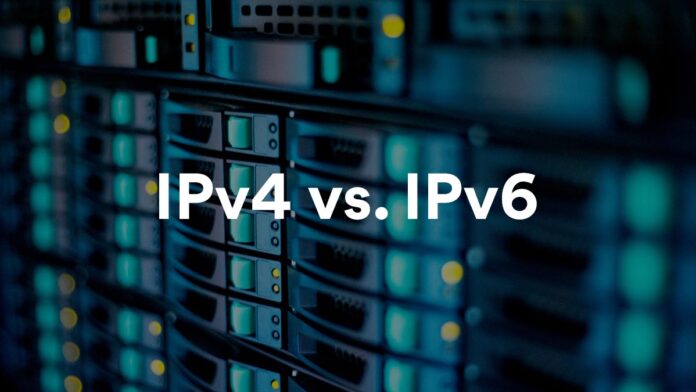IP addresses are a part of everyday life and making sure you have the right one can make the difference between whether you’re able to make the connection you need or not. Whether you’re a serious gamer or you’re trying to get the high-quality video to stream, it’s vital that you find the best connection for what you need.
IPv4 and IPv6 have been a heavy topic of conversation, but what’s the difference between the two? Is one better than the other?
What Do These Address Types Have in Common
The best part of most IP addresses is that they allow you to connect to the internet, and both IPv4 and IPv6 make this possible. Any device that you own which can connect to the internet uses an IP address.
For most devices, like your computer and phone, the address will change over time, which means if you use an IP address lookup, you’ll come back with different numbers despite using the same technology.
It’s still vital that you do everything you can to protect whichever IP address type you use.
What Sets Them Apart?
Generally speaking, the main difference between these two addresses is the size. IPv4 is made of 32-bit in length and is the fourth version that was created. The IPv6 address is the latest, as of 2023, and is made of a 128-bit address.
This updated version is faster, which means if you want fast downloads and quick processing, it could be the answer to your prayers.
IPv6 doesn’t have particular routing protocol support, which is the only reason it’s become less popular than IPv4. Widespread use of NAT allows devices to use a single address to mask thousands instead of having to go by the device.
Is One Type Always Better?
One type isn’t always better. It’s better to use a mixture of the two to get your best results. Although you may decide to stick to one type to simplify things for yourself, it’s all up to personal taste. Most people won’t see any easily recognizable differences in their service before and after the swap.
How Do I Protect My IP Addresses?
Protecting your IP address is one of the most important things you can do as a user. Not only does this save you from having your information stolen, but it also ensures that you won’t have to deal with unwanted targeted ads or getting viruses.
To do this, use good internet hygiene. Don’t click links you don’t recognize, avoid websites that aren’t recognizable names, and pay attention to who you’re talking to. People have gotten better at being able to spoof others’ accounts and scam quickly before they could possibly be caught. Take the time to protect yourself from this may be happening to you.
You Can Always Find the Perfect Fit For Your Needs
Whether you’re updating your computer and are considering what type of IP you want to use or you’re simply confused about the differences, you’re not alone. Keep this information in mind next time you’re trying to pick.
















